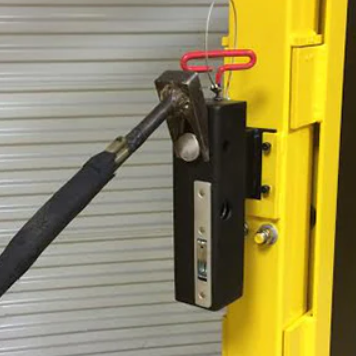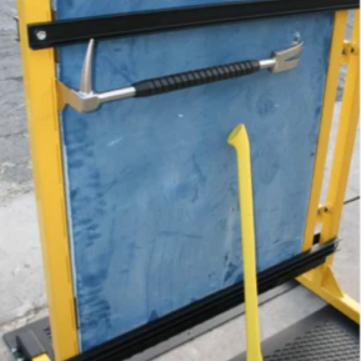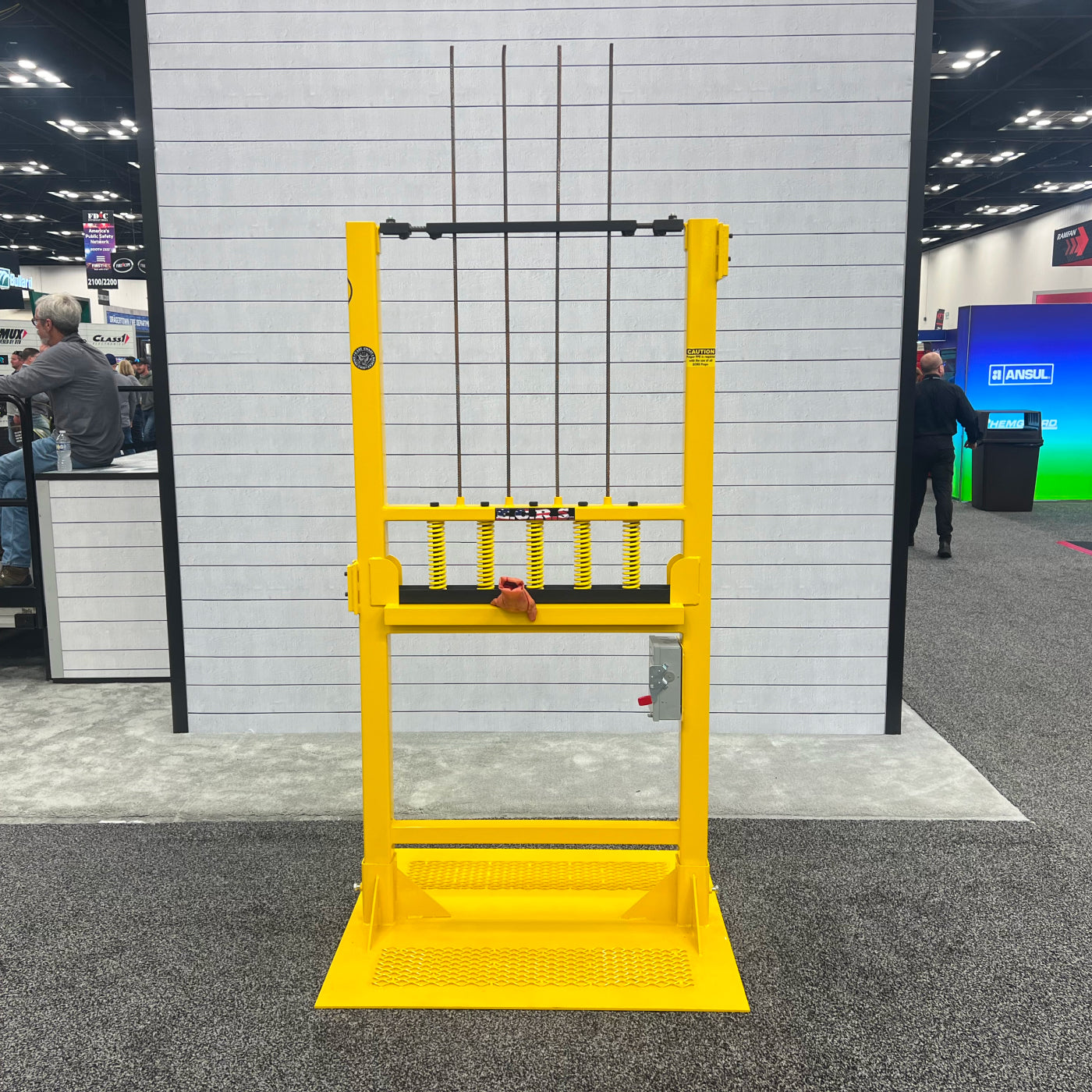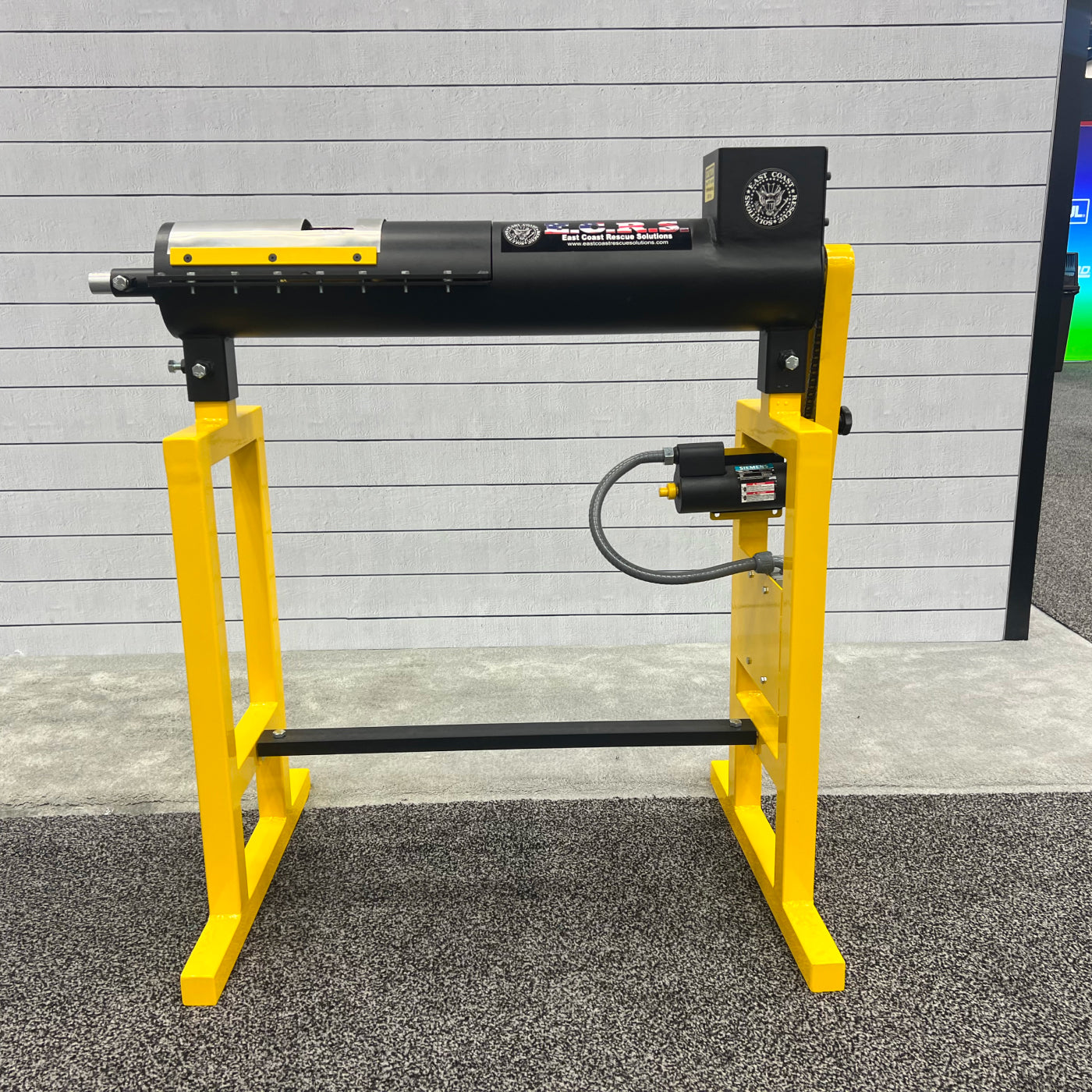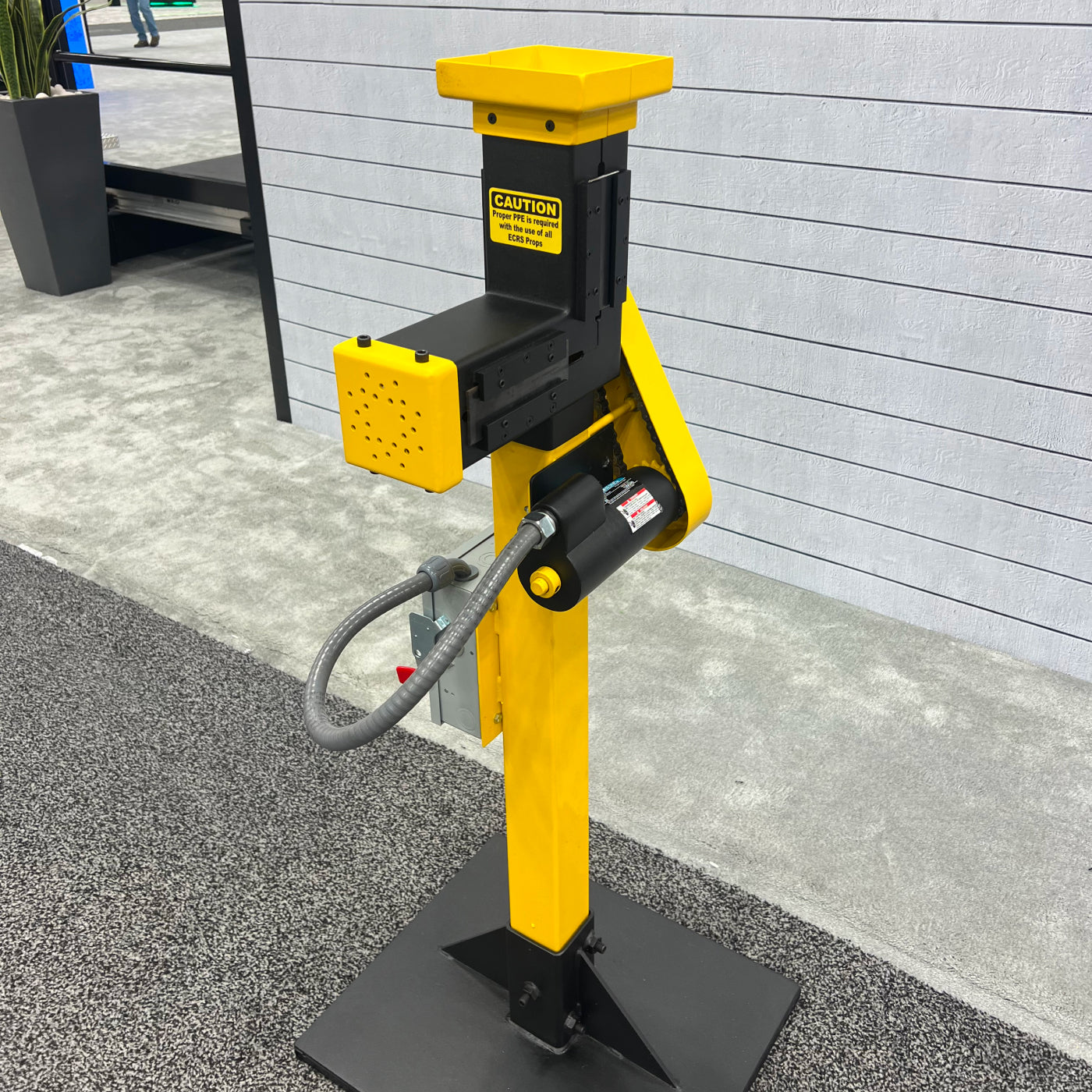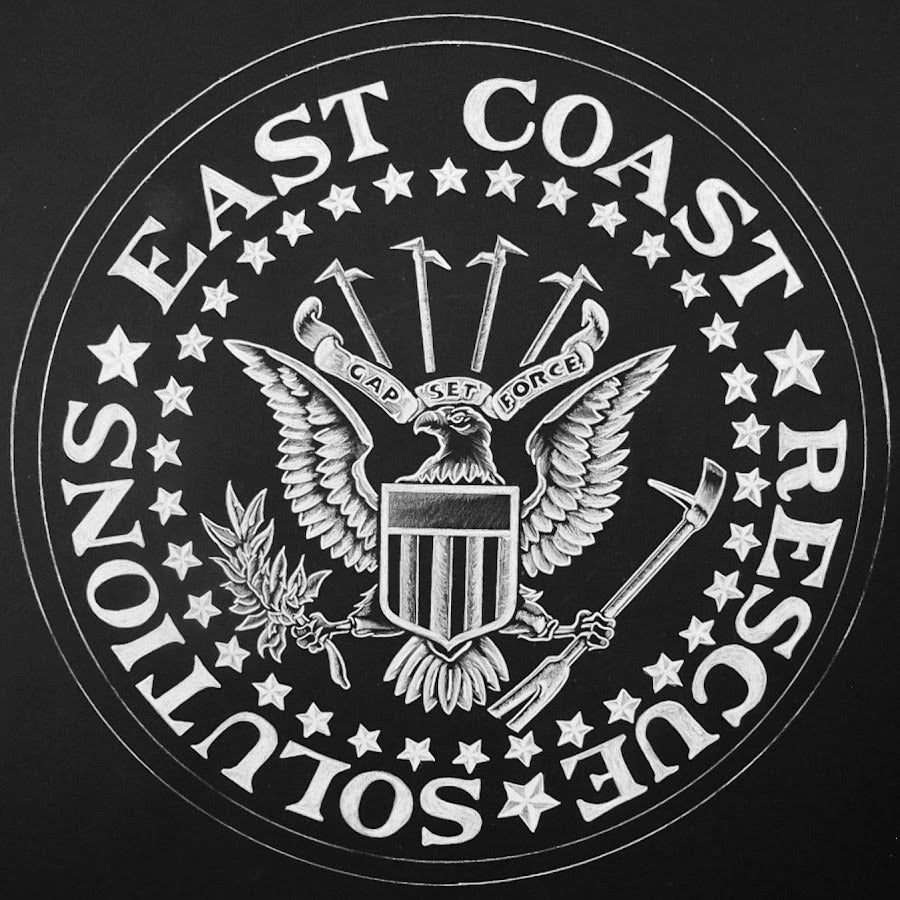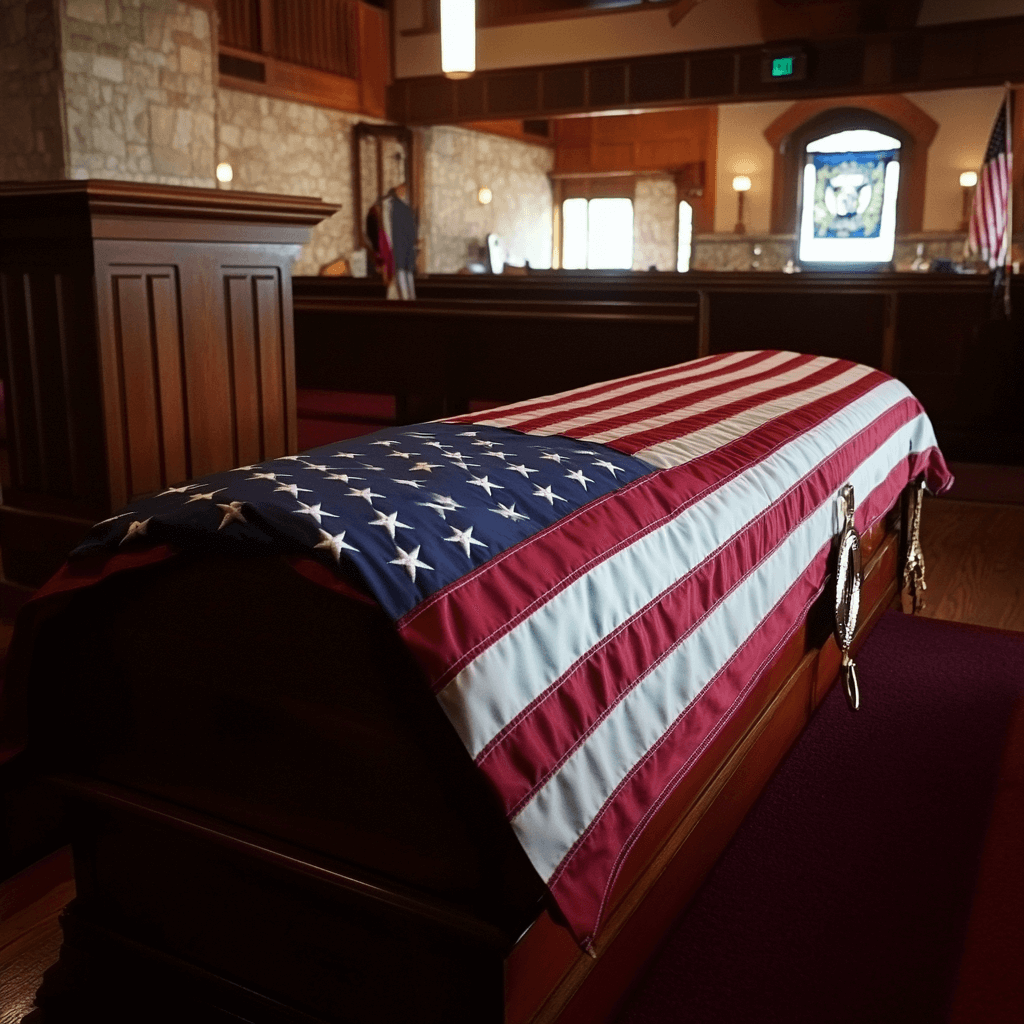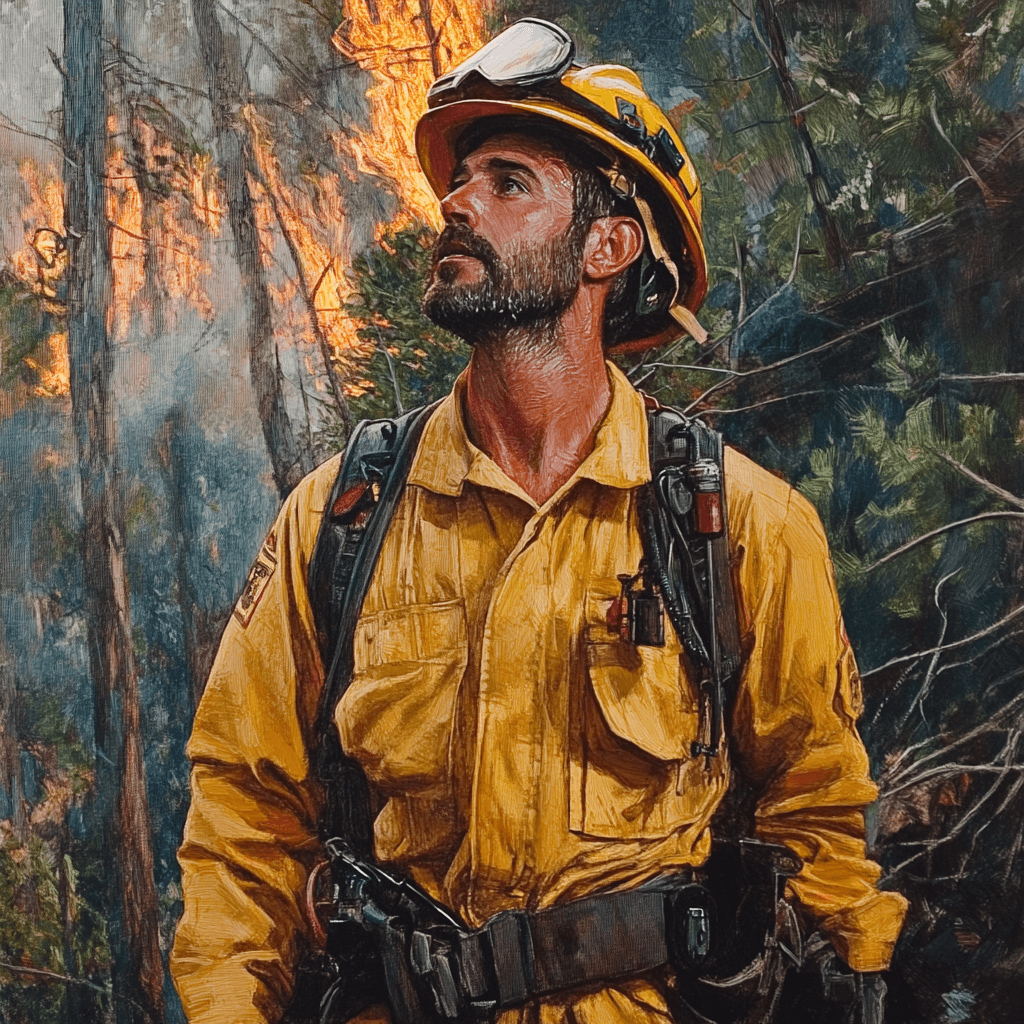You don’t become a volunteer firefighter for money, fame, or easy hours.
You do it because you feel called to something bigger than yourself—to be the person your community can count on when things go wrong.
But before you answer the call, you need to know what life as a volunteer firefighter is really like: the time commitment, the training, the challenges—and the deep pride that comes with wearing the gear.
What Does a Volunteer Firefighter Actually Do?
Volunteer firefighters don't just fight fires. In fact, on most calls, you might never even see flames.
As a volunteer, you’ll respond to a wide range of emergencies, including:
-
Structure fires
-
Vehicle accidents and extrications
-
Medical emergencies (often assisting EMS)
-
Brush and wildland fires
-
Flood rescues
-
Hazardous material incidents
-
Community events (fire prevention programs, parades, etc.)
✅ Reality Check:
On many days, you’ll spend more time helping crash victims or assisting with downed power lines than putting out fires.
How Volunteer Firefighting Differs From Career Firefighting
The heart is the same. The job is the same. But there are some big differences between volunteer and career firefighting:
|
Volunteer Firefighter |
Career Firefighter |
|
Often unpaid |
Full-time salary and benefits |
|
Balances calls with full-time jobs or school |
Firefighting is their full-time job |
|
May have older or mixed equipment |
Generally newer apparatus and gear |
|
Same risks on calls |
Same risks on calls |
✅ Important:
You’re held to the same standards of courage, performance, and professionalism—whether you’re paid or not.
The Commitment: How Much Time You Really Need to Give
Volunteering isn’t "show up when you feel like it."
Here’s the reality:
-
Training nights: Usually once a week (2–3 hours)
-
Monthly meetings: 1–2 hours
-
Emergency calls: Anytime—day, night, holidays
-
Special events: Public outreach, fundraisers, community service
Some departments require a minimum number of calls or hours each month to stay active. Others are more flexible, but the more you put in, the more you’ll get out.
✅ Pro Tip:
Before applying, sit down with your family or employer and talk through the commitment. Volunteer firefighting affects everyone in your life.
The Training: What You’ll Need Before You Get on the Truck
Volunteer firefighters train hard—and it starts before you ever ride the engine.
Typical requirements:
-
CPR Certification: Basic lifesaving skills are often a first step.
-
Firefighter I/II Training: Many states require volunteer firefighters to complete certification programs (can range from a few weekends to several months).
-
Medical Response Training: Some departments require EMT-Basic or First Responder certifications.
You’ll learn:
-
Fire behavior and suppression
-
Forcible entry
-
Ladders and hose handling
-
Search and rescue
-
Basic vehicle extrication
-
Incident command systems
✅ Tip:
Ask if your department offers training scholarships or reimbursement programs—you shouldn't have to pay out of pocket for all your training.
Common Challenges Volunteer Firefighters Face
Volunteer firefighting is rewarding, but it’s not easy. You’ll face challenges that test your body, your schedule, and your heart.
Common obstacles:
-
Work-Life Balance: Juggling full-time work, family obligations, and fire calls can wear you down.
-
Physical Demands: Fires don’t care if you worked a 12-hour shift beforehand. You’ll still need to gear up and perform.
-
Emotional Strain: Medical calls, fatalities, or injuries can take a heavy mental toll.
-
Limited Resources: Some departments operate on tight budgets, meaning older gear and longer waits for backup.
✅ Survival Tip:
Lean on your crew. Firehouse camaraderie is real—and it’s what helps volunteers get through the toughest calls.
Why Volunteer Firefighting Is Still One of the Most Rewarding Things You Can Do
Despite the demands, volunteer firefighters consistently say it’s one of the most meaningful things they’ve ever done.
Here’s why:
-
You see immediate results: Whether pulling a child from a wrecked car or saving a neighbor's home, your actions matter.
-
You build deep bonds: Your crew becomes family—people who have your back, no questions asked.
-
You earn respect: Being a firefighter in your hometown carries real weight—and responsibility.
-
You grow personally: You'll develop leadership, discipline, communication, and confidence you can't get from most other volunteer gigs.
✅ Bottom Line:
You don’t just help your community—you become part of its backbone.
How to Apply to Become a Volunteer Firefighter
Ready to get started? Here's a basic roadmap:
-
Research Local Departments:
Find out which departments are accepting volunteers. -
Meet Basic Requirements:
Usually age 18+, high school diploma or GED, valid driver’s license, and clean criminal record. -
Submit an Application:
Often includes interviews, physical ability tests, and background checks. -
Complete Training:
Attend fire academy or department-provided training. -
Start Probationary Period:
Most departments have a trial phase before full membership.
✅ Pro Tip:
Show up early, ask questions, stay humble. Volunteer departments value attitude as much as skill.
Final Thoughts: Are You Ready to Answer the Call?
Volunteer firefighting isn’t about the paycheck—it’s about heart.
It’s standing in freezing rain at 3 AM because someone’s barn is burning.
It’s missing dinner because a neighbor's house filled with smoke. It’s training harder, pushing farther, and serving longer than you thought you could.
If you’re willing to put in the time, effort, and sweat, volunteering as a firefighter will give you more than you ever give it. It’ll change you—and your community—for the better.
Ready to step up?
Your community is waiting.


